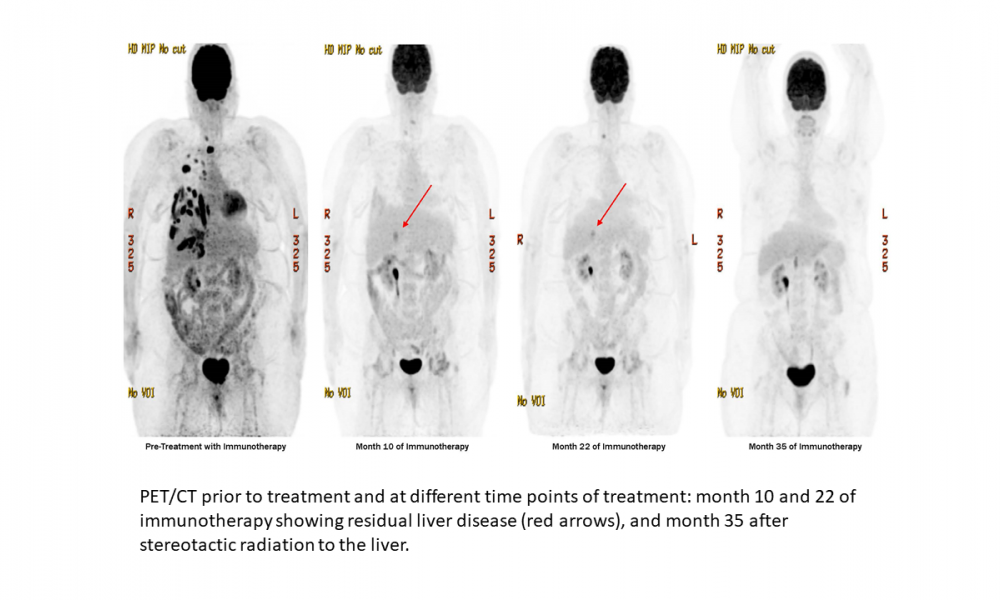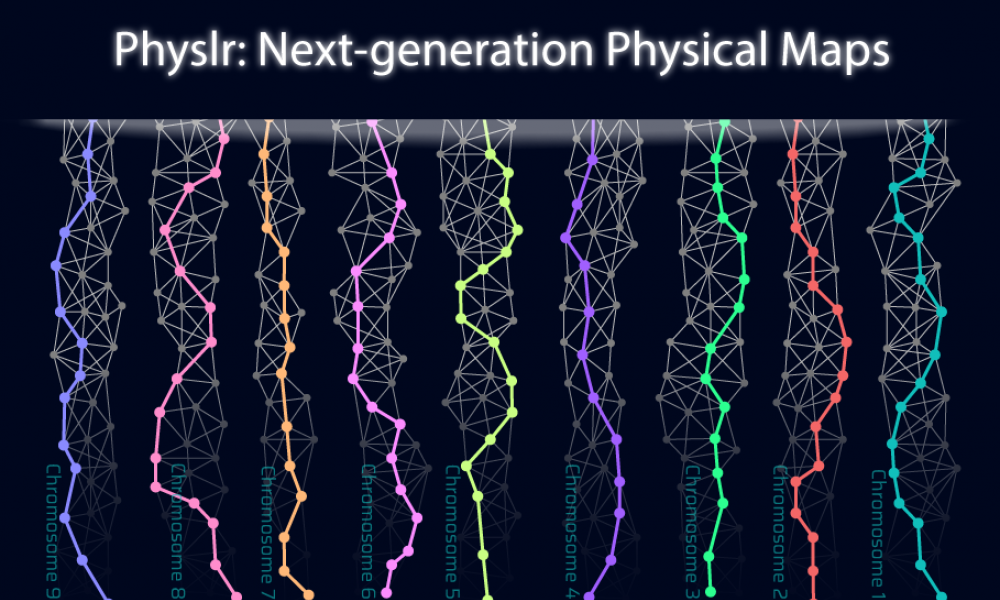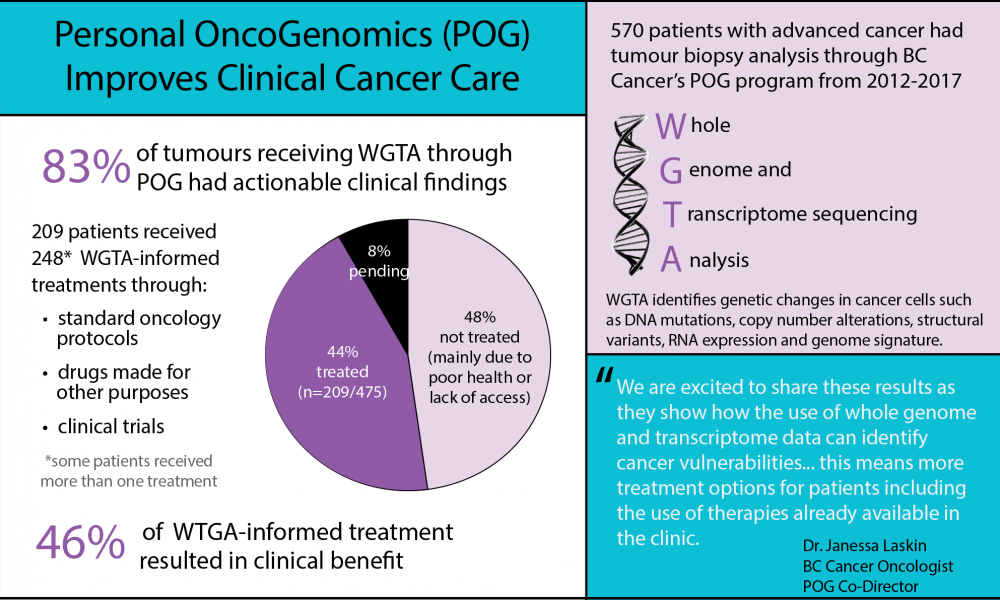News

BC Cancer researchers develop an improved hereditary cancer test
Researchers at the BC Cancer Research Institute have made an advancement in genetic testing that allows for more accurate prediction of which parent’s genes led to an individual’s increased cancer risk. This improves the efficiency of familial testing strategies and could eliminate concern for patients at high risk of cancer caused by genes inherited from a parent.

Save the date! Inaugural GSC Collaborator Forum October 22
Save the date – on October 22nd the GSC will be hosting our first-ever collaborator forum! Please join us for this one-day conference, hear exciting talks from genomics researchers, and engage with the local scientific community and our technology sponsors: Illumina, Oxford Nanopore and PacBio. Registration opening early September!

The genomes of four spruce trees native to North America
Sequencing, assembly and comparative analysis of four spruce giga-genomes completed as part of the SpruceUp project, which aims to enhance the genomic knowledge and accelerate spruce breeding programs across the nation.

Finding Alternatives to Antibiotics in Amphibian and Insect RNA with rAMPage
A bioinformatics pipeline referred to as rAMPage identifies antimicrobial peptides in amphibian and insect RNA sequences.

Genomic Analysis of Uveal Melanoma Case with Good Response to Therapy
Personalized OncoGenomics case report provides insight into uveal melanoma and immune checkpoint inhibitor therapy.

Transcriptome Analysis Provides Genomic Insight into Emu Fat Metabolism
Understanding gene expression in emu fat tissue could improve production of emu oil and increase its potential health benefits.

Constructing novel next-generation physical maps using Physlr
Researchers from the GSC’s Birol lab have developed a tool capable of generating next-generation physical maps from whole-genome sequencing (WGS) data.

Addressing challenges associated with genome analysis when nucleic acids are extracted from formalin-fixed paraffin-embedded tissue samples
Somatic variant calling from formalin-fixed paraffin-embedded (FFPE) genome sequencing data can be improved using computational and machine learning approaches.

Whole Genome and Transcriptome Analysis Benefits Clinical Cancer Care
A prospective study of 570 Personalized OncoGenomic (POG) patients demonstrates how whole genome and transcriptome analysis can impact cancer treatment.